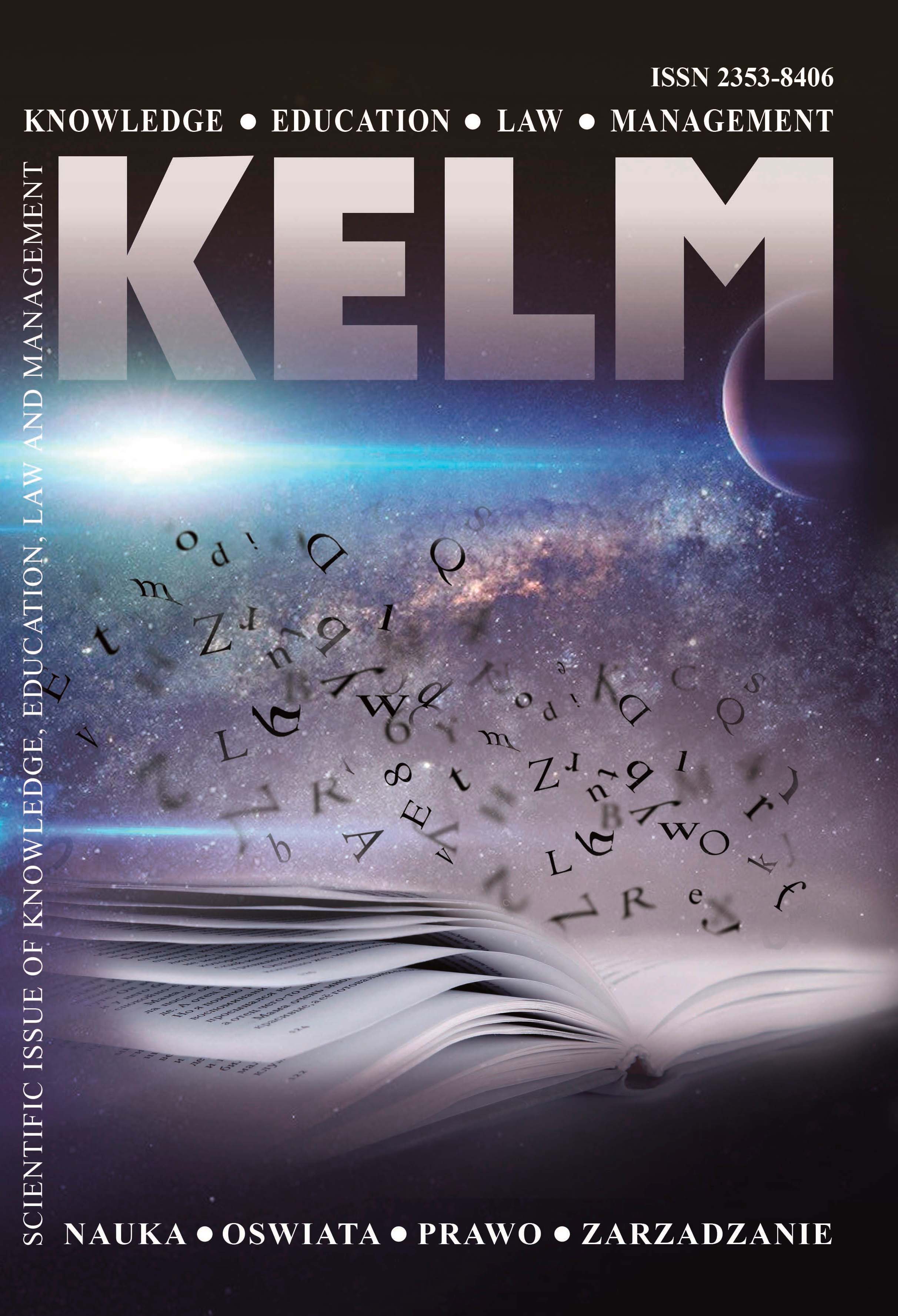Iva Pavlenko
PhD, Associate Professor, Associate Professor at the Department of Sociology Zaporizhzhia National University (Zaporizhzhia, Ukraine)
ORCID ID: 0000-0001-9994-6477
Anotation. The article is aimed to define the peculiarities of the impact of the war phenomenon on the character of peacekeeping communications. It was revealed the relationship between war and peace in such forms as ecological peace/ war, economic peace/war, social peace/war, political peace/war, military-technical peace/war, spiritual and cultural peace/ war. The author defined features of different types of modern wars: “just / unjust war”, informational war, hybrid war, real war, integral war, internal / external war. It is stated that the war is aimed at fighting, deformation, destruction, and peace is aimed at settlement, organization, harmonization, creation. When the internal war is dominated, namely, the channeling of the sum of the state elements, components or connections between them to fight, disorganize and destroy internal systems, the internal peace is reached, which is characterized by the organization of a combination of elements, components or connections between them, aimed at coordination of both the process and the state inside the system. Accordingly, domination of external war – the channeling of a combination of state elements, components or connections between them to fight, misorganization and destruction of systems from outside leads to achievement of external peace, which is characterized by organization of a combination of elements, components or connections between them, aimed at coordination of both process and state of external system. Thus, peace and war differ in their direction. The internal and external peace may not be harmonized, the internal conflict can be fully in agreement with the external peace, and vice versa.
Keywords: The article is aimed to define the peculiarities of the impact of the war phenomenon on the character of peacekeeping communications. It was revealed the relationship between war and peace in such forms as ecological peace/ war, economic peace/war, social peace/war, political peace/war, military-technical peace/war, spiritual and cultural peace/ war. The author defined features of different types of modern wars: “just / unjust war”, informational war, hybrid war, real war, integral war, internal / external war. It is stated that the war is aimed at fighting, deformation, destruction, and peace is aimed at settlement, organization, harmonization, creation. When the internal war is dominated, namely, the channeling of the sum of the state elements, components or connections between them to fight, disorganize and destroy internal systems, the internal peace is reached, which is characterized by the organization of a combination of elements, components or connections between them, aimed at coordination of both the process and the state inside the system. Accordingly, domination of external war – the channeling of a combination of state elements, components or connections between them to fight, misorganization and destruction of systems from outside leads to achievement of external peace, which is characterized by organization of a combination of elements, components or connections between them, aimed at coordination of both process and state of external system. Thus, peace and war differ in their direction. The internal and external peace may not be harmonized, the internal conflict can be fully in agreement with the external peace, and vice versa.
